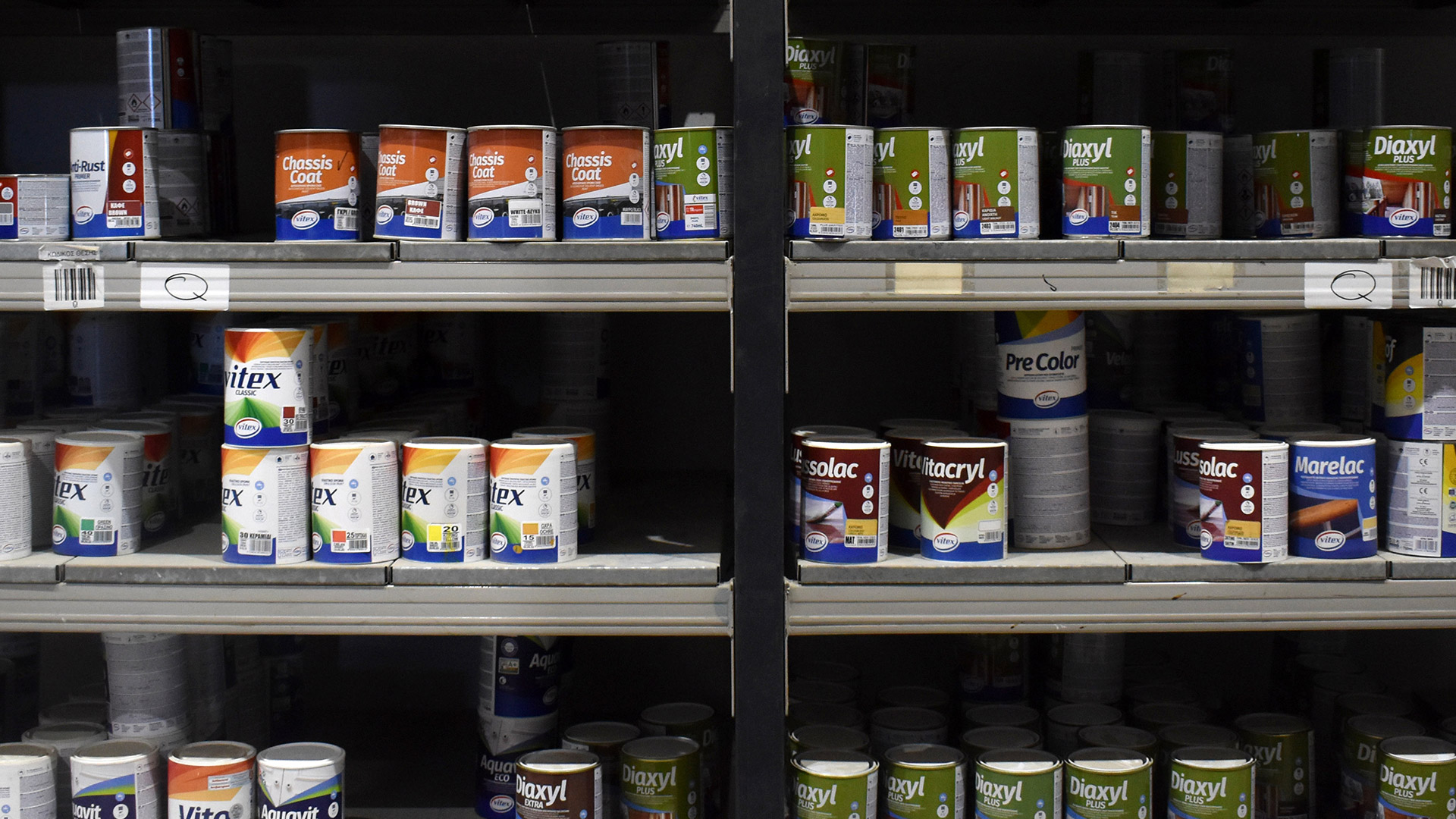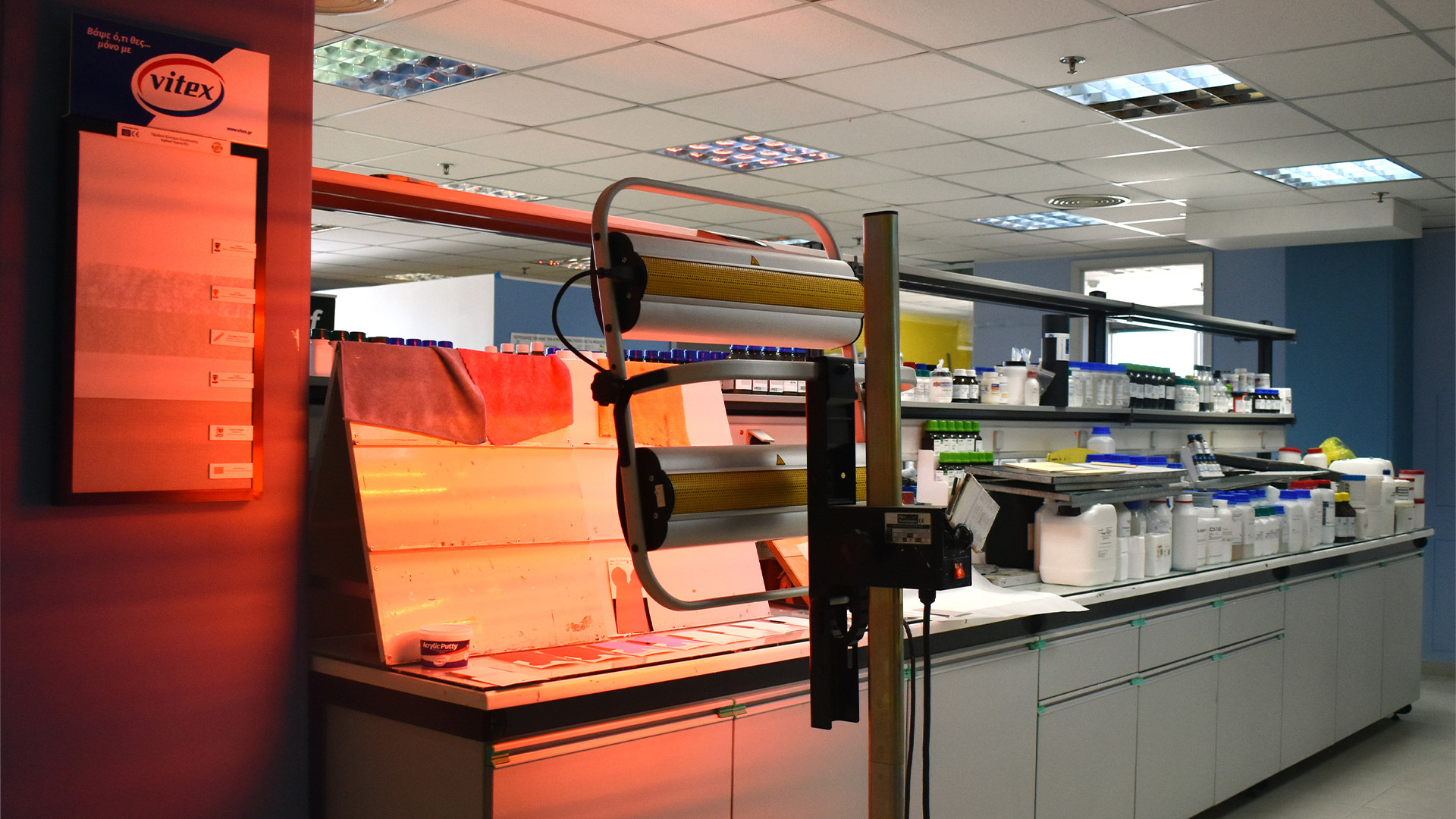
We are committed to operating with transparency, ethics, and social responsibility, ensuring a balance between economic growth, environmental protection, and social welfare.
The top priority of the company is the adoption of sound Corporate Governance practices. These practices ensure the effectiveness of internal organization and compliance with the applicable laws enhance transparent operations and competitiveness, and maximize value for all stakeholders.
The operating methods that Vitex has chosen ensure not only transparency and independence in management and control, but also the achievement of business objectives and constantly improving financial results.
Ensuring regulatory compliance is a top priority for the company, reflecting our steadfast commitment to the principles of transparency, integrity, fairness, professionalism, and respect for the rules. With a focus on the strict adherence to the applicable laws, we follow all regulations that govern the entire range of our operations. We therefore systematically review the current regulatory framework that applies to the company to effectively meet our legal obligations.
To ensure regulatory compliance, we have put a series of policies and codes in place that encompass the principles and rules we follow. The most important ones are:
- Code of Conduct
- Supplier Code of Conduct
- Data Protection Policy
- Human Rights Policy
- Policy to Prevent and Combat Violence and Harassment at Work
- Reporting & Complaints Policy


The sustainability of the supply chain is a key concern for the company, while also striving to maintain long-term partnerships with our suppliers based on continuous communication, trust, transparency, and reliability. A sustainable supply chain not only minimizes social and environmental risks but also serves as a model of values and success for the industry and the community.
Vitex’s commitment to sustainable development extends beyond its internal operations to its sphere of influence, including partners and suppliers. We seek to procure raw materials, products and services from local vendors and subcontractors, whenever possible, thus contributing to local development and the local economy, and reducing our carbon footprint.
